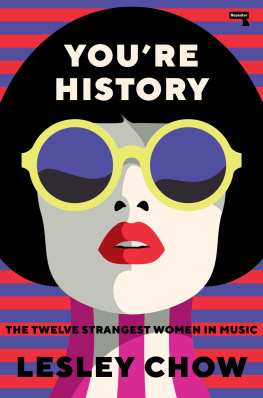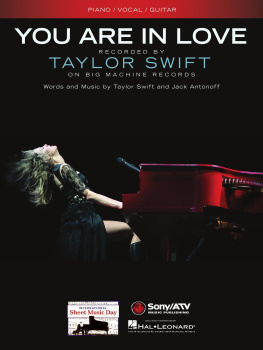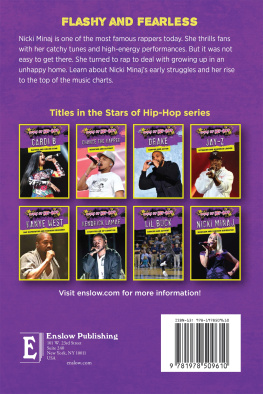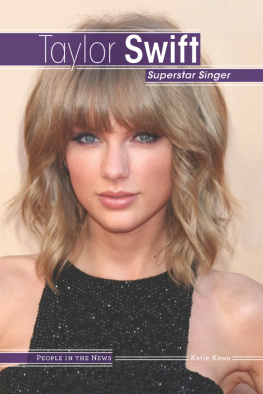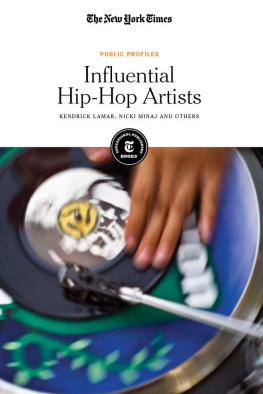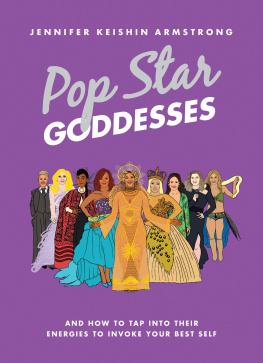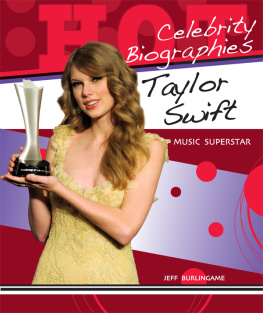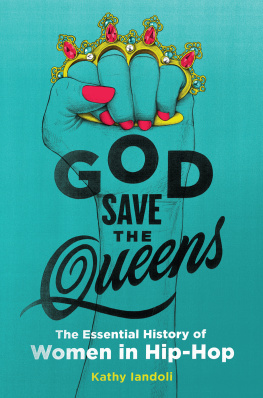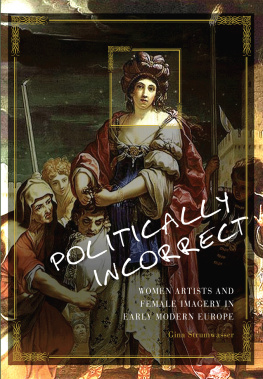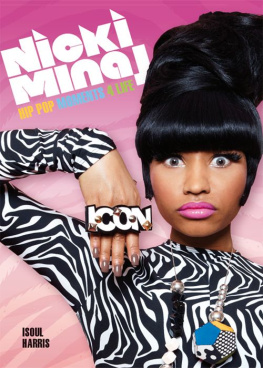


Published by Repeater Books
An imprint of Watkins Media Ltd
Unit 11 Shepperton House
89-93 Shepperton Road
London
N1 3DF
United Kingdom
www.repeaterbooks.com
A Repeater Books paperback original 2021
Distributed in the United States by Random House, Inc., New York.
Copyright Lesley Chow 2021
Lesley Chow asserts the moral right to be identified as the author of this work.
ISBN: 9781913462314
Ebook ISBN: 9781913462352
All rights reserved. No part of this publication may be reproduced, stored in a retrieval system, or transmitted, in any form or by any means, electronic, mechanical, photocopying, recording or otherwise, without the prior permission of the publishers.
This book is sold subject to the condition that it shall not, by way of trade or otherwise, be lent, re-sold, hired out or otherwise circulated without the publishers prior consent in any form of binding or cover other than that in which it is published and without a similar condition including this condition being imposed on the subsequent purchaser.
Printed and bound in the United Kingdom by TJ International Ltd
Lesley Chows sparklingly written book is full of whip-smart wit and electric prose. Youre History isnt just a work of great criticism: it will make you rethink your understanding of pop music and the strange, sublime sounds of its creators.
L UKE B UCKMASTER , CRITIC FOR T HE G UARDIAN
By embracing pops sonic artifice, its vocal textures and its wordless moments of rapture too often ignored by other critics Lesley Chow constructs a new version of pop history. Her assemblage of pops hybrid girls and wayward women is a sly, original analysis.
A NWEN C RAWFORD , MUSIC WRITER FOR T HE M ONTHLY AND AUTHOR OF H OLE : L IVE T HROUGH T HIS
Lesley Chow is the best and rarest kind of critic one who loves to be surprised, and can always surprise you in turn The emphasis is firmly on aesthetic pleasure, and the book itself is a unique pleasure to read: joyful, witty, knowledgeable, intensely observant, and indifferent to received ideas.
J AKE W ILSON , CRITIC FOR T HE A GE AND AUTHOR OF M AD D OG M ORGAN
Lesley Chow explores the alchemy of pop that comes from breath, sound and lyrics. Her deep dive into these extraordinary women made me feel their music all over again.
J ULIA Z EMIRO , ACTOR AND PRESENTER OF R OC K WIZ
For D3000, the Stupendous One
CONTENTS
Appendix
The Devil in Love: The Greatest Oohs in Modern Music
WHY ALL WOMEN
The artists I write on at length in this book happen to be women. A few are truly respected; a good deal more are regarded as guilty pleasures, too tuneful for acclaim. Some are considered fashion-plates or pop cultural jokes. Others, such as Chaka Khan, are seen as wonderful forces of nature with little authorial agency.
What these artists have in common is that they are all anomalies: pioneers in the making, whose output has been too strange for the culture to fully digest. While the greatness of Khan, Neneh Cherry, and even TLC has been acknowledged, these women are not influential enough . One reason may be that most of them are not primarily word-based: there is verbal innovation, but it is the kind that comes across sung rather than spoken or written. A monologue is easier to dissect than a landscape of shifting voices, which explains why in-depth writing on Cherry is hard to come by.
There is a shortage of serious, long-form writing when it comes to hip-hop, R&B, and pop, particularly female performers. Cherry and TLCs Lisa Lopes mine dissonance and ugliness in the name of pop, rather than an overtly experimental genre a risky endeavor unlikely to spawn trends. Hundreds of rock bands have appropriated the chord changes and flat affect of Joy Division, but it is harder to channel the spirit of Lopes, whose rapping combines multiple voices of indeterminate gender and source. Lopes and Cherry remain outliers, marking moments where the culture might have swerved to incorporate their influence, but somehow contrived not to.
Even Kate Bush, whose mastery is never questioned, is renowned more for her eloquence and historical narratives than the pop sensibility that makes such a striking match with her timeless themes. There is the assumption that musical influences are guided by taste and logic, that one has a say in the genre of ones own genius. However, tracing influence is not just a matter of looking at immediate social background or zeitgeist. Despite the claims of traditional biography, what hooks a singers ear may be the addictive hard note in a newsreaders voice, rather than the legacy of her Scandinavian or Afro-Caribbean roots. At a time when references tend to be clearly flagged and respectably eclectic, it is vital to acknowledge the imaginative leaps that an artist can make: out of time, out of milieu, out of mind.
Why are there still relatively few books about pop, compared to the canonical body of literature on rock? Do pop fans tend to work out their notions of rhythm on the dancefloor rather than the page? Is instant melodic pleasure regarded as cheap? Or is there the lingering perception that pop caters to the desires of teens, thereby exposing the author to ridicule? The critic Sheila OMalley has pointed out that, when it comes to adolescent fans of pop, their screams of ecstasy are ignored or mocked. But teenage fans picked out Elvis Presley, they picked out Sinatra Maybe, instead of belittling teenage girls frenzies, we should follow the sound to see what the fuss is about.
My goal in writing this book was to follow the sound with curiosity rather than derision: to track anything that the ear picks out as striking and memorable, regardless of reputation. It can be tricky to decipher emotions that feel private and fugitive, even though they are provoked by objects that are unquestionably commercial. I have explored pop songs that are potent in spite of their seeming lyrical banality. This involves trying to understand the emotive effects of timbre, noticing how the meaning of words changes on contact with the bass and, most importantly, determining where the heat of a song is located. As the composer David Schiff has noted, a song can contest its lyrics and reveal itself through the warmth of the melodic lines, and musical wisdom always trumps verbal wit. Listening closely to pop means marveling at how pitch, rhythm, and intonation come together in a way that is precisely right yet difficult to fathom all those little miracles that pop does so brilliantly.
In particular, I want to advocate for urgency and pleasure, so my focus is on performers whose effect on the body is hot, explosive, and immediate, rather than those who adhere to typical standards of refinement and class, such as Grimes and Joanna Newsom, and who are more likely to be celebrated as a result. The artists in this book deal in moods that are generally considered undesirable: an insistent fakeness, emotional dishonesty, uncontrolled sexuality, strident superficiality. Their music tends to grate rather than soothe.
Shakespears Sister go beyond quirky and play with images of the grotesque, envisioning love as a form of witchy possession a theme that has recently been taken up by the most unlikely of artists: Taylor Swift. Rappers Azealia Banks, Lisa Lopes, and Nicki Minaj similarly work with gut levels of repulsion, testing out the power of feminine sleaze. Banks, Lopes, and Minaj incur serious violations of taste, in a way that more consistently acclaimed musicians such as Janelle Mone rarely do. They are anomalies in that their songs leave an acrid taste in your mouth they are drawn to working with disgust and abject topics. They risk sounding shrill. All of the artists in this book are unpalatable, in one way or another. Even the loveliest voice among them, Sade, has oddities that discomfit the listener.
Next page
